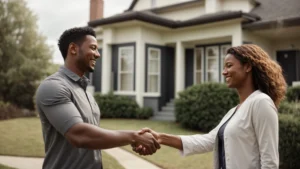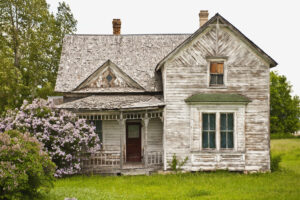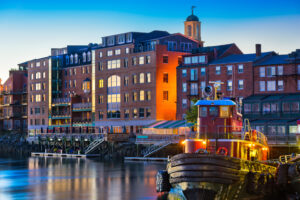Tips for Modernizing An Older Home
Modernizing an older home can breathe new life into a space while preserving its unique character. Whether you’re dealing with outdated systems, inefficient insulation, or worn-out finishes, the process can be challenging and rewarding. You can enhance the home’s functionality and aesthetic appeal with the right approach. Below, we will explore essential repairs, sustainable upgrades, and smart technology integration to help you modernize your older home.
Essential Repair and Maintenance: Strengthening Your Home’s Foundation
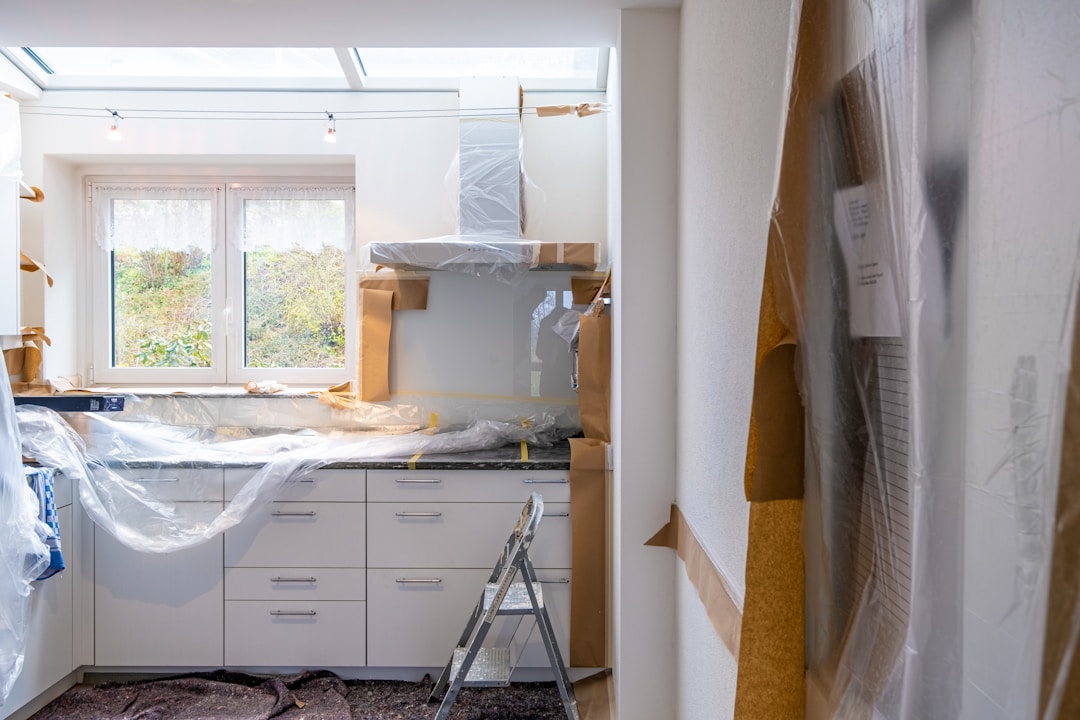
The foundation of any home is critical to its structural integrity. Begin by assessing the foundation for cracks or settling issues that could lead to more severe damage if left unattended. Many older homes have not undergone necessary repairs over time, so addressing these issues early can prevent future costly repairs.
Inspecting the plumbing and electrical systems should be a priority as well. Over the years, pipes can corrode or become clogged, while electrical wiring may become outdated or unsafe. In many cases, replacing old pipes with newer, more durable materials or upgrading the electrical system can improve safety and efficiency.
Another area to focus on is the HVAC system. Many older homes still rely on outdated, inefficient, and unreliable heating and cooling systems. Replacing an old furnace or air conditioner with a more energy-efficient model, like those offered by All Knight Heating & Air Conditioning, can reduce energy costs and improve comfort year-round. For more information on upgrading your HVAC system, visit https://allknightac.com/.
Finally, don’t forget about your roof and windows. Older roofs can leak and damage interiors, while inefficient windows may cause temperature fluctuations inside your home. Repairing or replacing these components can significantly increase your home’s energy efficiency and curb appeal, ensuring it stands the test of time.
Sustainability in Home Upgrades: Eco-Friendly Solutions for the Modern Home
Sustainability should be a top priority when modernizing an older home. Start by focusing on insulation and weatherproofing. Older homes often have inadequate insulation, leading to drafts and energy loss. Adding insulation to attics, walls, and crawl spaces can make your home more comfortable and energy-efficient.
Installing energy-efficient windows is another key step. Newer window technologies, such as double-pane or triple-pane glass, help maintain consistent indoor temperatures while reducing the need for heating and cooling. Upgrading to Energy Star-rated windows can significantly reduce your home’s energy consumption.
Consider incorporating renewable energy sources, such as solar power for residential use, to further reduce your carbon footprint. Solar panels can generate electricity and reduce your dependence on fossil fuels, lowering utility bills. While the initial installation can be costly, the long-term savings and environmental benefits are worth the investment.
Finally, pay attention to sustainable materials when renovating or remodeling. Opt for eco-friendly flooring, paints, and finishes that contain fewer harmful chemicals. These materials are better for the environment and contribute to healthier indoor air quality.
Smart Technology Integration: Bringing Innovation to Classic Spaces
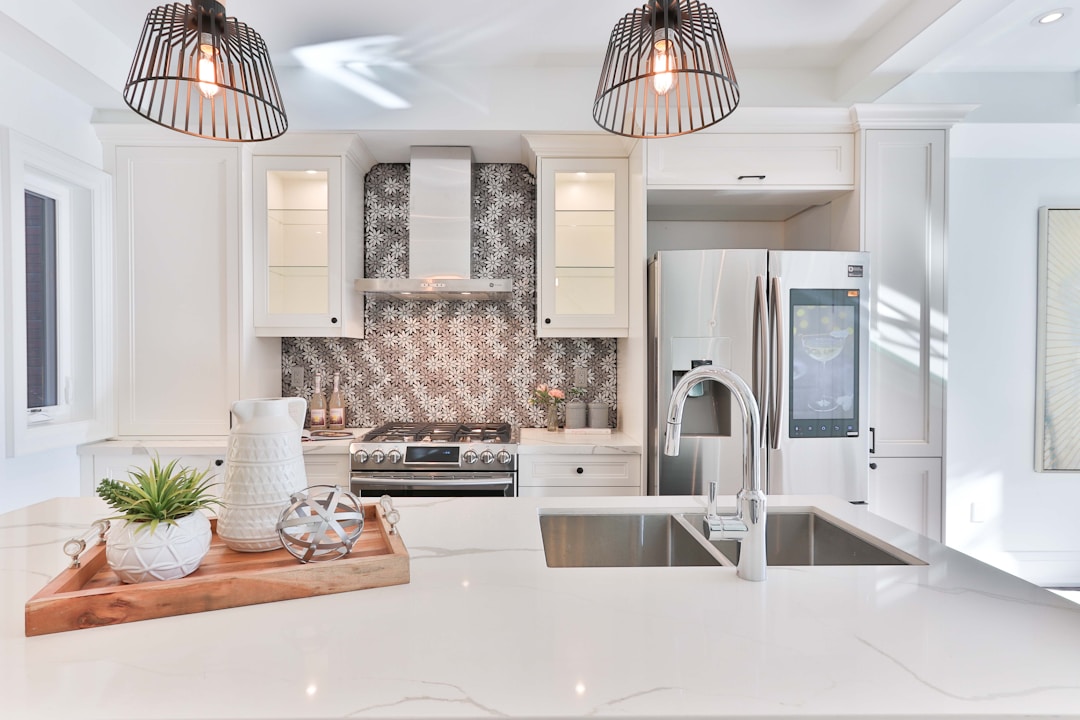
One of the most exciting aspects of modernizing an older home is the opportunity to integrate smart technology. Start by upgrading your home’s lighting system to a smart one. Smart bulbs and switches can be controlled remotely, allowing you to set schedules and adjust lighting with a simple voice command or through a smartphone app.
Consider installing a smart thermostat. These devices can learn your preferences and adjust the temperature automatically, leading to increased energy savings. Many smart thermostats also offer remote control features, making managing your home’s climate easier from anywhere.
Home security is another area where smart technology can make a significant impact. Install smart cameras, doorbell systems, and locks to enhance your home’s safety. These systems provide real-time alerts and can be monitored remotely, offering peace of mind when you’re away.
Smart appliances can improve convenience and efficiency in your daily life. From refrigerators that track groceries to washing machines that optimize energy use, these devices make home management more streamlined. Integrating smart appliances lets you improve your home’s functionality without compromising its classic charm.
Overall, modernizing an older home involves a balance of essential repairs, sustainable upgrades, and smart technology integration to enhance its functionality and sustainability. You can create a home that honors its past while preparing for the future with the right improvements.



